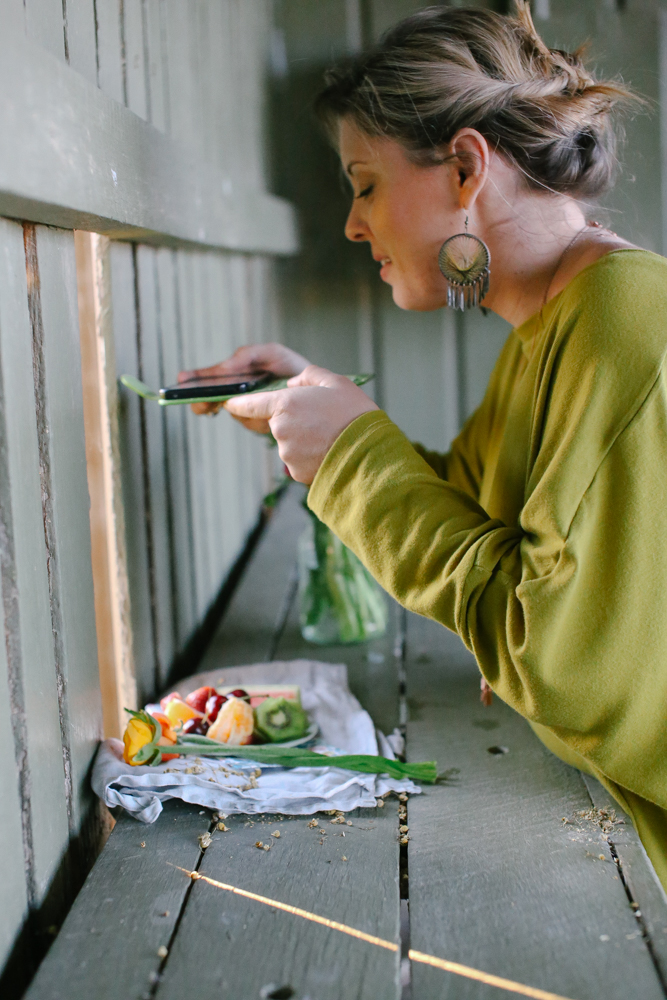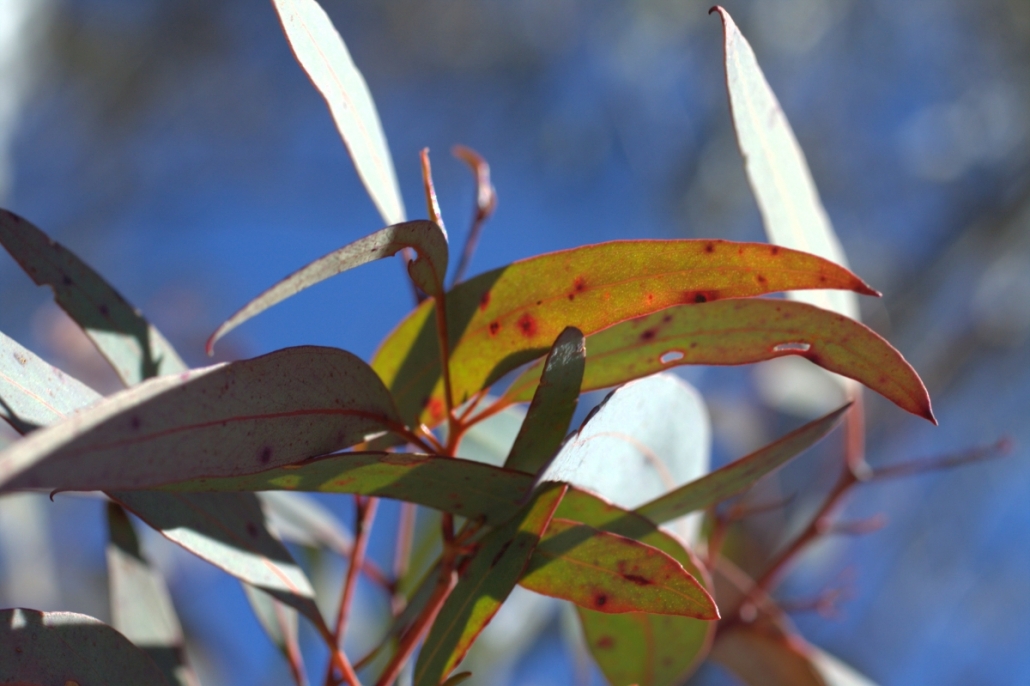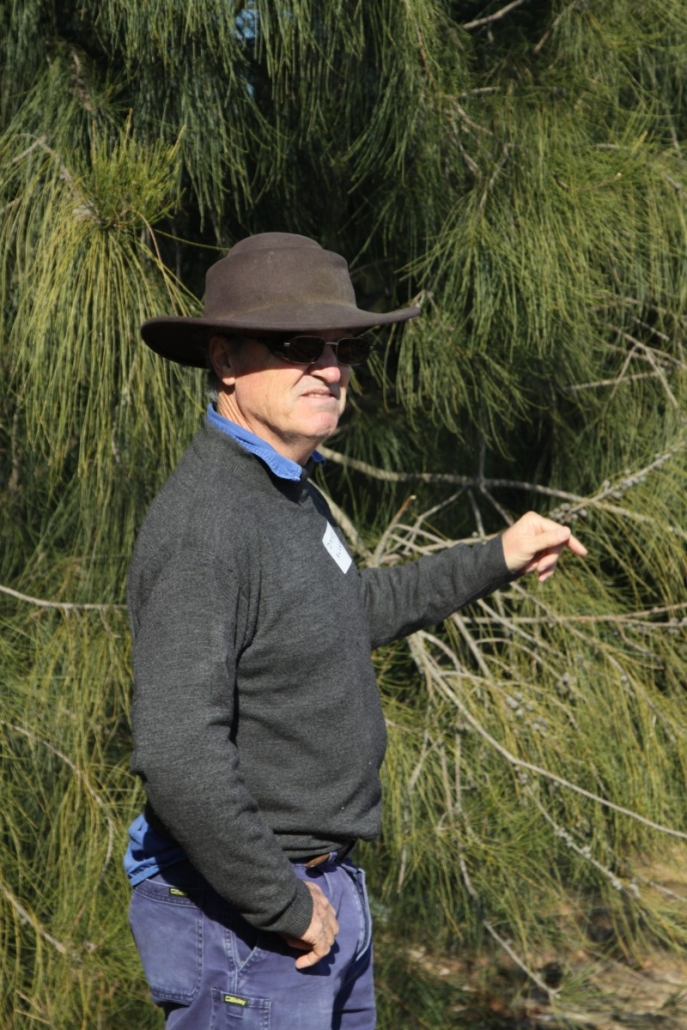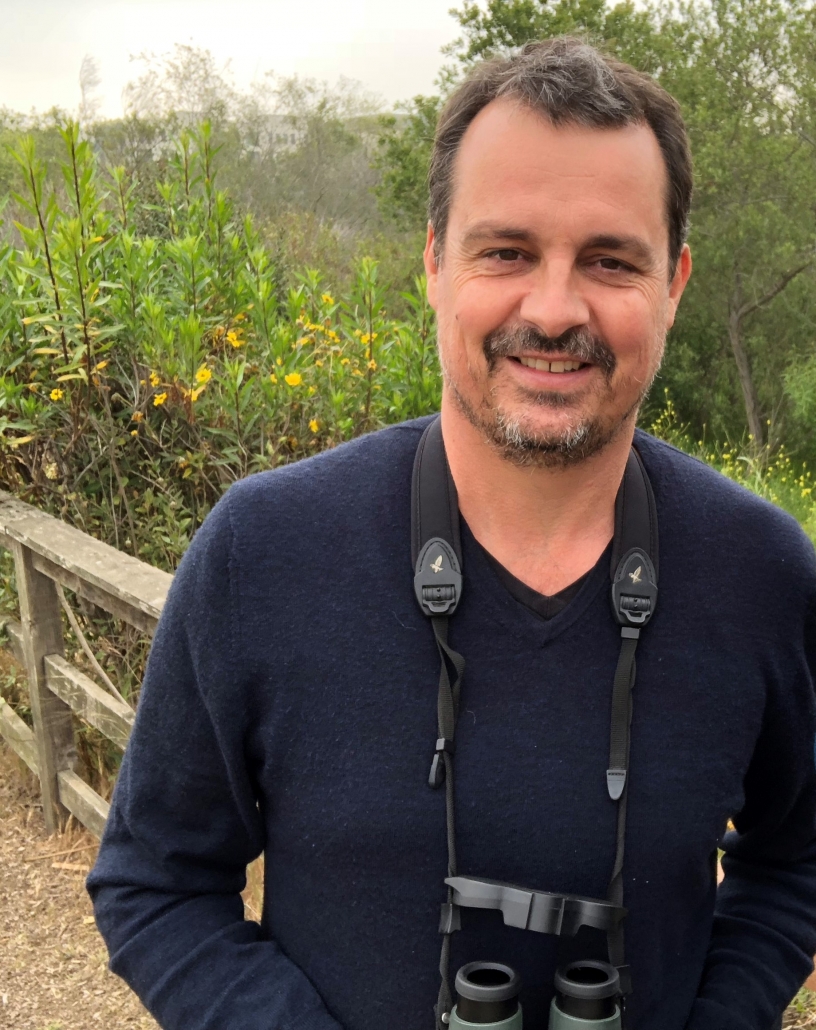Refresh and reinvigorate our community
Our communities are doing it tough at the moment and, in the midst of a drought, it’s easy to lose sight of how great life in rural and regional areas can be. Watershed Landcare will be hosting three events in October to refresh and reinvigorate our community, share our stories and be inspired by people who are passionate about rural life.
We have invited Sophie Hansen, founder and creator of Local is Lovely and My Open Kitchen and 2016 National Rural Woman of the Year, to present two workshops. Join us for ‘Share your story on social media’ and ‘Create fabulous newsletters’ and learn how you can use social media and newsletters to share your message with the world and convert your customers into a community.

‘Share your story on social media’ will be held on Wednesday, 16 October from 1:30pm to 5pm at The Little Cooking School, Mudgee. Sophie will cover the basics of social media for small business; from setting your goals to figuring out what you are saying, who you are saying it to and what problems you are solving for them. Then we’ll move on to creating and sharing useful content and the rules of engagement! Bring along your props and products to take your own photos on the day.
The ‘Create fabulous newsletters’ workshop will be held on Thursday 17 October 2019 from 9:30am to 1pm at The Little Cooking School Mudgee. Sophie will cover why you need a newsletter (hint – placing all your content eggs in one social media basket which you don’t own or control at all is a bit scary when you think about it), how to set one up, how to build it and fill it with content that people will actually read and act on.
Numbers for both workshops are strictly limited. Tickets are $50 per workshop and include morning or afternoon tea. Tickets can be booked online, ‘Share your story on social media’ with Sophie Hansen: www.trybooking.com/BFQXG and ‘Create fabulous newsletters’ with Sophie Hansen: www.trybooking.com/BFQWU
We will also be hosting a Rural Refresh evening at Roth’s Wine Bar on Wednesday, 16 October where Sophie will be joined by Jillian Kilby, NSW Rural Woman of the Year winner and founder of The Exchange, an organisation to support business startups in rural communities based in Dubbo. This event is about refreshing us and reminding us how great it is to live in rural and regional areas. A Panel discussion, led by Jillian Kilby, will inspire us about the wonderful things that rural women are achieving.
Tickets are $20 and include an evening with Sophie and Jillian, canapes on arrival, 2 drink tokens and Roth’s wood fired pizzas later in the evening. Drinks will also be available for purchase from the bar. Tickets: www.trybooking.com/BFQUX
For more information or to RSVP contact Watershed Landcare Coordinator, Claudia Wythes, on 0412 011 064 or email: claudia.wythes@watershedlandcare.com.au.
These events are supported by Watershed Landcare through funding from Western NSW Primary Health Network.



